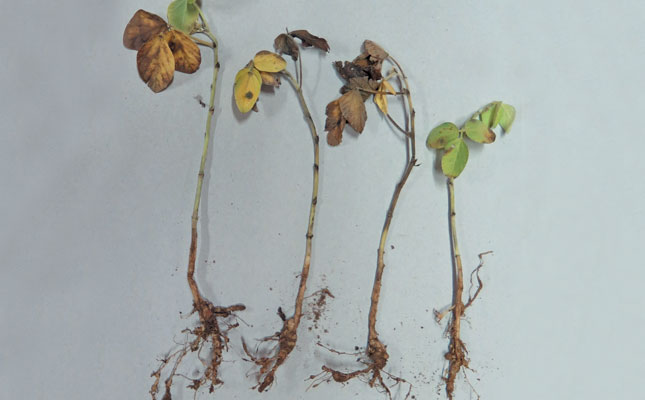But despite the drought and other challenges, such as depressed international commodity prices and local political uncertainty, agriculture in South Africa was performing remarkably well.
This was according to JP Landman, independent analyst on political-economic trends, who was speaking at the 26th National Congress of the Red Meat Producers’ Organisation in Parys on Tuesday (16 August).
Landman said Treasury expected the impact of the drought on the SA economy to be significant, resulting in at least a 1% decline in GDP growth. But the long-term growth trend in the farming sector was encouraging.
In 2015 total agricultural production measured in constant rands was 8% lower than in 2014 because of the drought, but it was still 29% higher than in 1994, said Landman. In 2014 the farming sector produced 40% more compared with 20 years ago.
“Please ignore the myth that farmers in South Africa are not doing well. It is complete nonsense that agriculture in this country is collapsing. Agricultural performance in South Africa over the past 20 years tells a phenomenal story of efficiency and productivity,” said Landman.
He acknowledged that some farmers were struggling because of the drought and that local producers were often forced to compete against farmers in other countries who benefited from direct state subsidies.
Nevertheless, the local agriculture sector managed to increase employment from 620 000 people in 2011 to 876 000 in 2016.
This was achieved despite the substantial adjustment in the minimum wage for farmworkers in 2013 and also despite the fact that the number of commercial farmers in South Africa decreased from 66 000 in the 1990s to around 32 000 in 2016.
“Farmers would not have been able to employ more workers, at a higher wage, if it wasn’t for the increase in productivity achieved over the past two decades,” said Landman.











